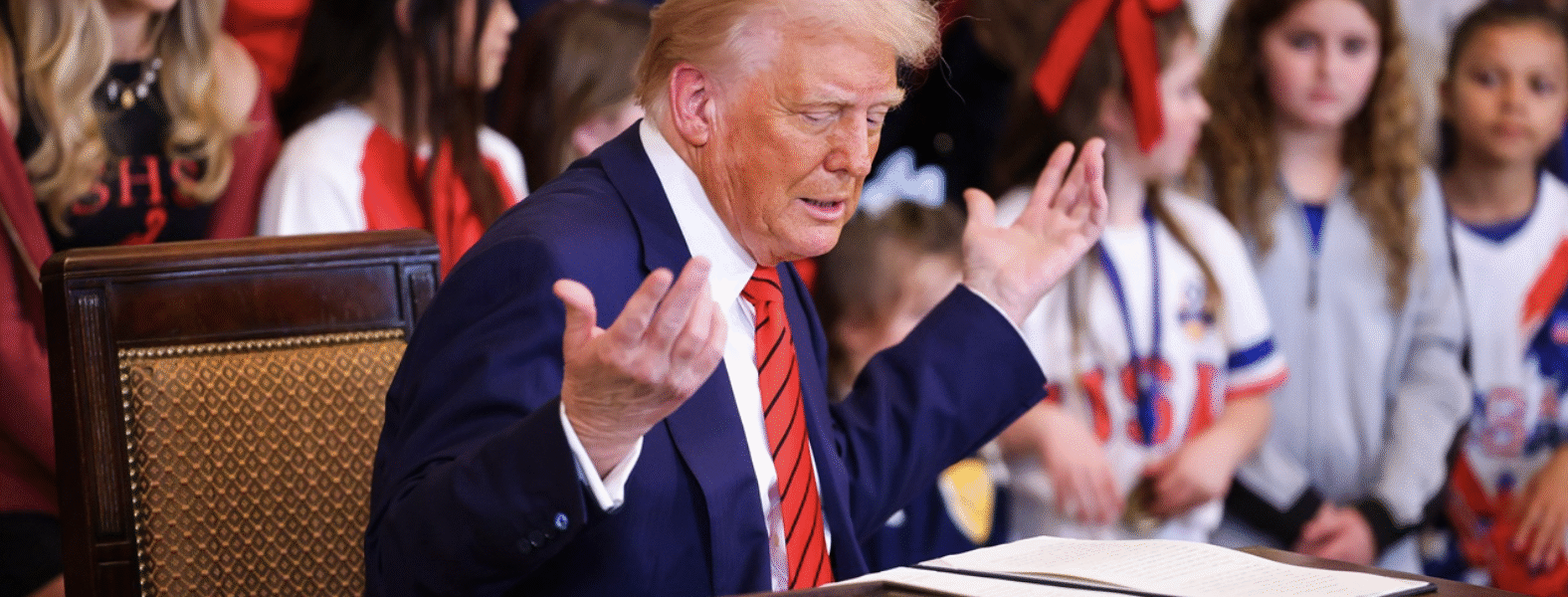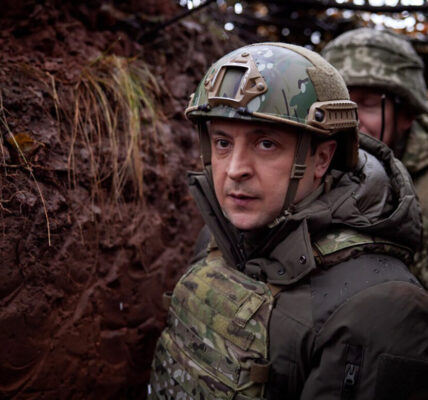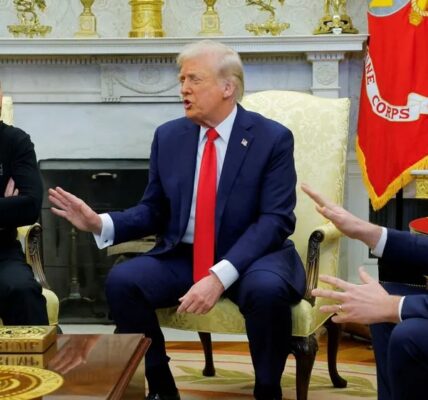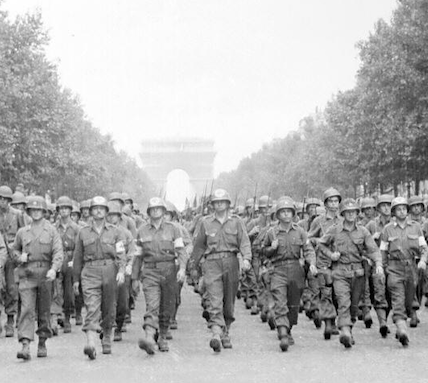Trump signs sweeping drone and aerospace orders, balancing innovation and security

By Isabella Egerton
United States President Donald Trump has signed three executive orders designed to accelerate domestic drone innovation, enhance airspace security, and expand commercial drone operations. The orders seek to ease regulatory barriers, authorise beyond visual line of sight (BVLOS) drone flights, and strengthen defences against criminal, terrorist, and foreign misuse of drones within United States airspace.
White House Office of Science and Technology Policy Director Michael Kratsios said: “Decades of regulatory gridlock have grounded advancements in drones, flying cars, and supersonic flight in the US. With today’s executive orders, the Trump Administration is giving America’s innovators greater ability to test, develop, and commercialise these cutting-edge aircraft that will reshape aviation.” He added that these actions “will unleash a new era of American aviation dominance, fostering innovation, driving economic growth, and protecting our national security.”
A key element is the authorisation of BVLOS drone operations, which will allow companies to deploy unmanned aircraft beyond the operator’s line of sight. This change will enable drones to assist with critical infrastructure inspection, emergency response, and long-distance cargo and medical deliveries. Until now, the Federal Aviation Administration (FAA) has largely prohibited such flights, citing safety concerns, although waivers have been granted to select companies such as Amazon.
The executive orders also establish a pilot programme to test electric vertical take-off and landing (eVTOL) aircraft, commonly known as flying cars. These are expected to be deployed for emergency medical services, air taxis, cargo transport, and defence logistics. The programme builds on the successes of a 2017 drone pilot initiative, signalling continued government support for emerging aviation technologies.
“These orders also address the growing threat of criminal, terrorist and foreign misuse of drones in US airspace. We have a responsibility to protect and restore airspace sovereignty,” Kratsios said. The administration is prioritising enforcement of existing laws, including restricting drone flights over sensitive sites and improving cooperation with the Departments of Justice and Homeland Security.
Security concerns have increased as drones have been used for espionage, smuggling, and potentially dangerous interference near airports. The ongoing war in Ukraine and upcoming major events such as the World Cup and Olympics have heightened awareness of drone-related threats. Sebastian Gorka, senior director for counterterrorism on the National Security Council, emphasised: “Drones are a disruptive technology. They have an amazing potential for both good and ill. We will increase the enforcement of current laws to deter two types of individuals: evildoers and idiots — the clueless and the careless.”
The orders also direct the FAA to repeal the 1973 restriction on supersonic flight over land, replacing it with noise standards that reflect modern technological advances. New supersonic aircraft designs promise to reduce or eliminate the disruptive sonic boom, making faster-than-sound commercial flights feasible and sustainable. “The reality is that Americans should be able to fly from New York to LA in under four hours,” Kratsios said. Boom Supersonic CEO Blake Scholl welcomed the decision, stating: “We’re grateful to President Trump for his leadership — this important step allows us to accelerate development of our Overture supersonic airliner.”
While the orders do not ban Chinese-made drones, which dominate the US commercial market, they prioritise American manufacturers in federal procurement and support state and local agencies purchasing US-made equipment. The administration has also mandated national security reviews of certain Chinese drone makers and tightened regulations on wireless transmission technologies to reduce risks of espionage and data leakage. Craig Singleton, senior China fellow at the Foundation for Defense of Democracies, described the orders as “a long-overdue investment in drone deterrence,” noting that drone supply chains have become “national security flashpoints.”
The expansion of drone operations beyond visual line of sight is expected to unlock significant commercial and security benefits. The Association for Uncrewed Vehicle Systems International (AUVSI) praised the moves as “a historic day for the drone industry in the United States.”

































































































































































































































































































